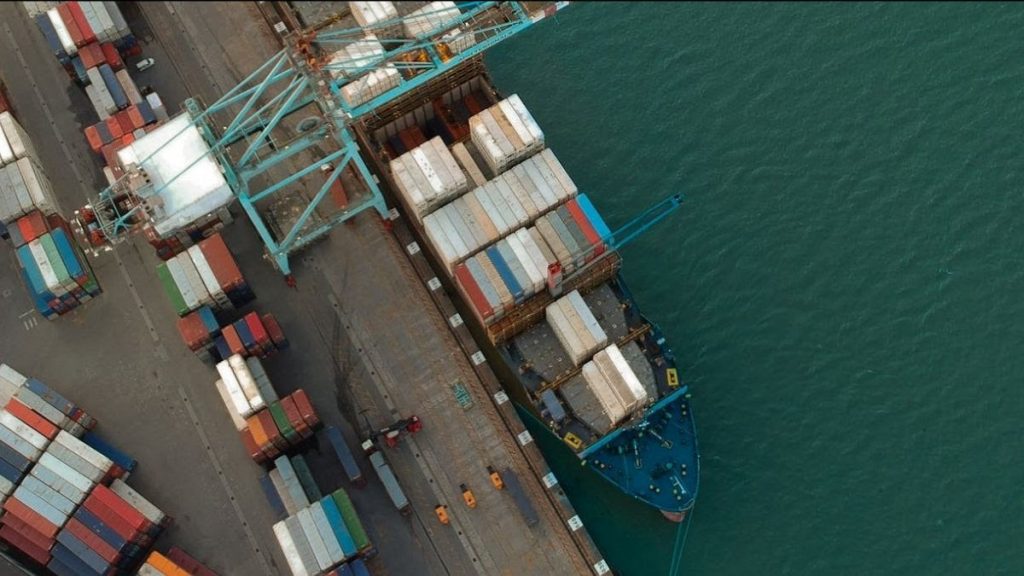
Businesses that generate income that is exempt from VAT (those in the financial, insurance, healthcare, property sectors, to name a few) or have activities that are classified as being non-business (provided for free) are required to perform VAT partial exemption and non-business calculations to confirm the value of VAT they can claim back from HMRC.
They are also required to perform annual adjustment calculations to “average” their recovery over each 12 month period. This can result in additional repayments or payments of VAT from or to HMRC. It also provides an opportunity to reflect on the overall VAT position and to make refinements that can result in savings or efficiencies.
Adjustments need to be included on VAT returns for June/July/August VAT periods – depending on when VAT returns are submitted to HMRC.
Adjustments can also affect expenditure that is subject to the capital goods scheme, and once again additional repayments or payments of VAT may be due from or to HMRC.
Over the last two years many VAT calculations have been adversely affected by the impact of Covid-19 and lockdown measures. If partial exemption and non-business calculations no longer produce a fair and reasonable outcome, action should be taken to ensure that VAT recovery continues to reflect the use of expenditure.
We would urge businesses that may have a distorted VAT recovery position (and who those who don’t also) to get in touch with their local VAT specialist or usual Azets contact to confirm their VAT recovery procedures are still relevant and effective.
Time running out for businesses to recover VAT from EU countries
Since the UK ‘Brexited’ the EU, the procedure used by UK businesses to reclaim VAT incurred overseas has changed.
While this VAT is no longer recoverable through the EU Electronic VAT refund system (unless you trade from Northern Ireland) reclaims can still be made through the 13th Directive scheme for each country VAT has been incurred.
It is important to be aware that a number of countries impose a deadline for making claims of 6 months after the end of the calendar year. In those cases, claims must be submitted before 30 June 2022.

